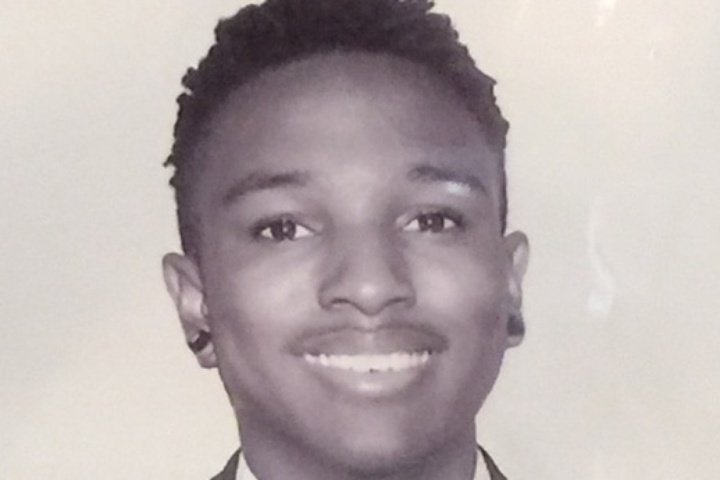
David Josiah Lawson.
Don’t miss Dan Squier’s big scoop in today’s Times-Standard: Interim Arcata Police Chief Richard Ehle says that the department is planning to wrap up the investigation into the death of David Josiah Lawson tomorrow. The department will hand the results of its investigation over to the District Attorney’s office, and the DA will decide who and what to charge in connection with the case.
Lawson, an HSU student, was stabbed to death at a house party in April 2017. Kyle Zoellner, a McKinleyville resident, was arrested at the scene of the crime, but a judge dismissed the case before it went to trial for lack of evidence.
Ehle tells Squier he’s confident that the department will provide the DA with a stronger case this time. He says that investigators have, among other things, collected DNA from a lot of people who were at the scene for “elimination purposes.”
Ehle declined to name a suspect or suspects, saying only that the District Attorney will issue an arrest warrant if she believes the evidence warrants it.
###
Meanwhile, the ACLU of Northern California has written a stern letter to the city decrying the “excessive police presence” at recent meetings of the Arcata City Council, which was instituted after people protesting slow movement on the Lawson case shut down the Aug. 15 meeting of the council.
From the ACLU letter:
The day after the non-violent protest the police presence was increased outside City Hall and this show of force continues to date. Nine armed officers now stand in and around City Hall in advance of every City Council meeting and appear (at least to community members) to be permanent fixtures. This includes officers stationed at the main entrance, and outside and inside the council chambers. At the same time, a notice appeared on the door of the City Hall Building which listed eight criminal offenses related to assemblies, meetings and riots, and prohibited certain items being brought into City council meetings, including any “items deemed by City Representatives as reasonably capable of disrupting or disturbing a meeting.”
Protest at the Aug. 15 Arcata City Council meeting. Video: Stephanie McGeary.
The ACLU argues that such measures “treat meetings as a dangerous and threatening place,” and have a possibly unconstitutional chilling effect on the First Amendment rights of citizens who may wish to address their representatives. They ask the council to end the practice before the council’s next meeting.
Read the full letter here.
CLICK TO MANAGE